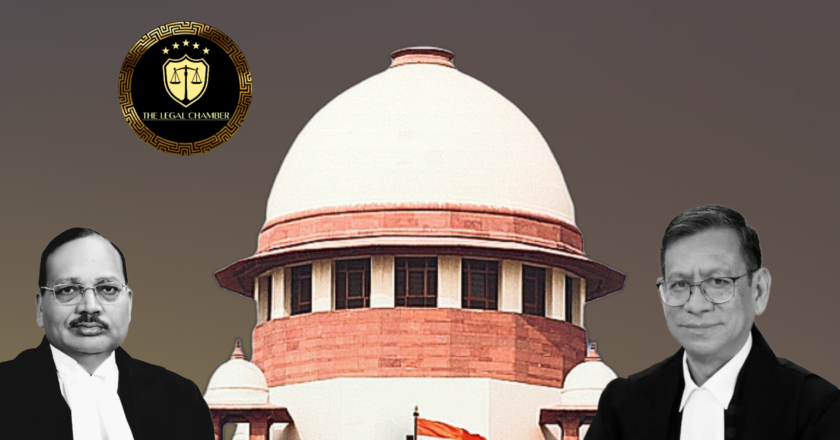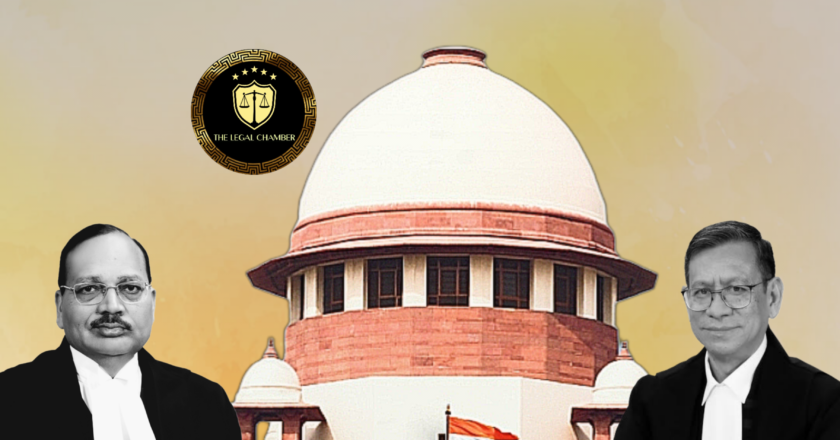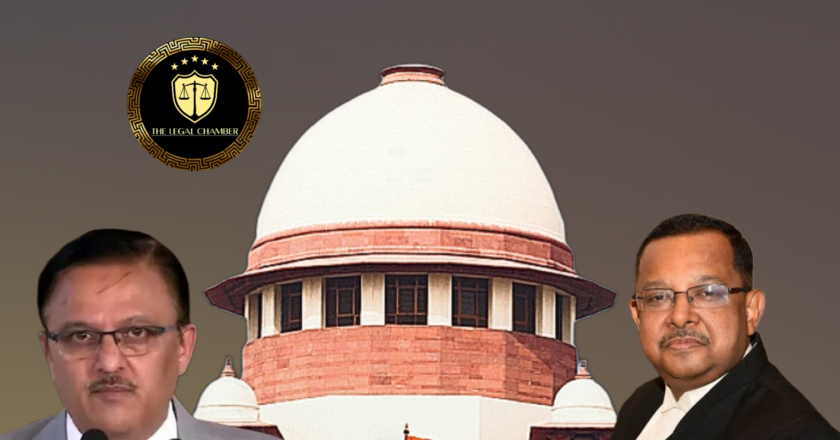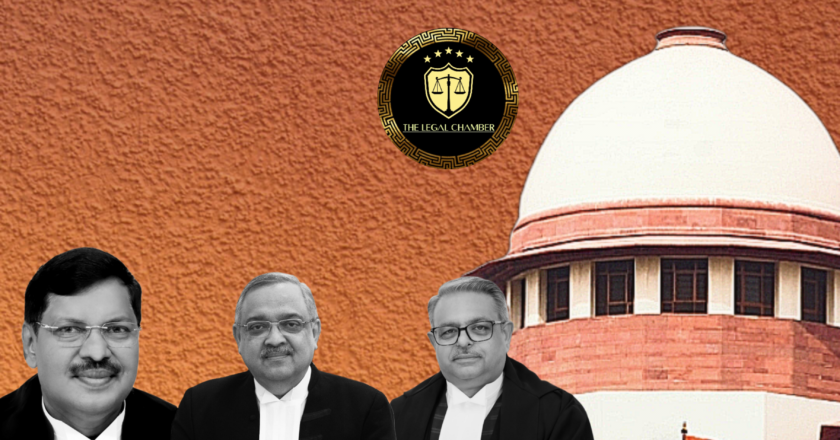Public Trust Doctrine Extended: Supreme Court Says Man-Made Lakes Must Also Be Protected for Public Good
The Supreme Court ruled that a man-made lake constructed for irrigation is not a statutory "wetland" under the 2017 Rules, exempting it from a complete ban on permanent construction. However, the Court applied the Public Trust Doctrine, extending its protection to such artificial water bodies and prohibiting permanent structures to ensure ecological balance and public use.
Facts Of The Case:
The appellant, Swacch Association, an environmental organization, filed a Public Interest Litigation before the Bombay High Court challenging various construction and recreational projects in and around the Futala Lake in Nagpur. The association argued that the lake was a protected 'wetland,' and that the construction of a Viewer's Gallery on its bank, the installation of a Musical Fountain and an ar...




